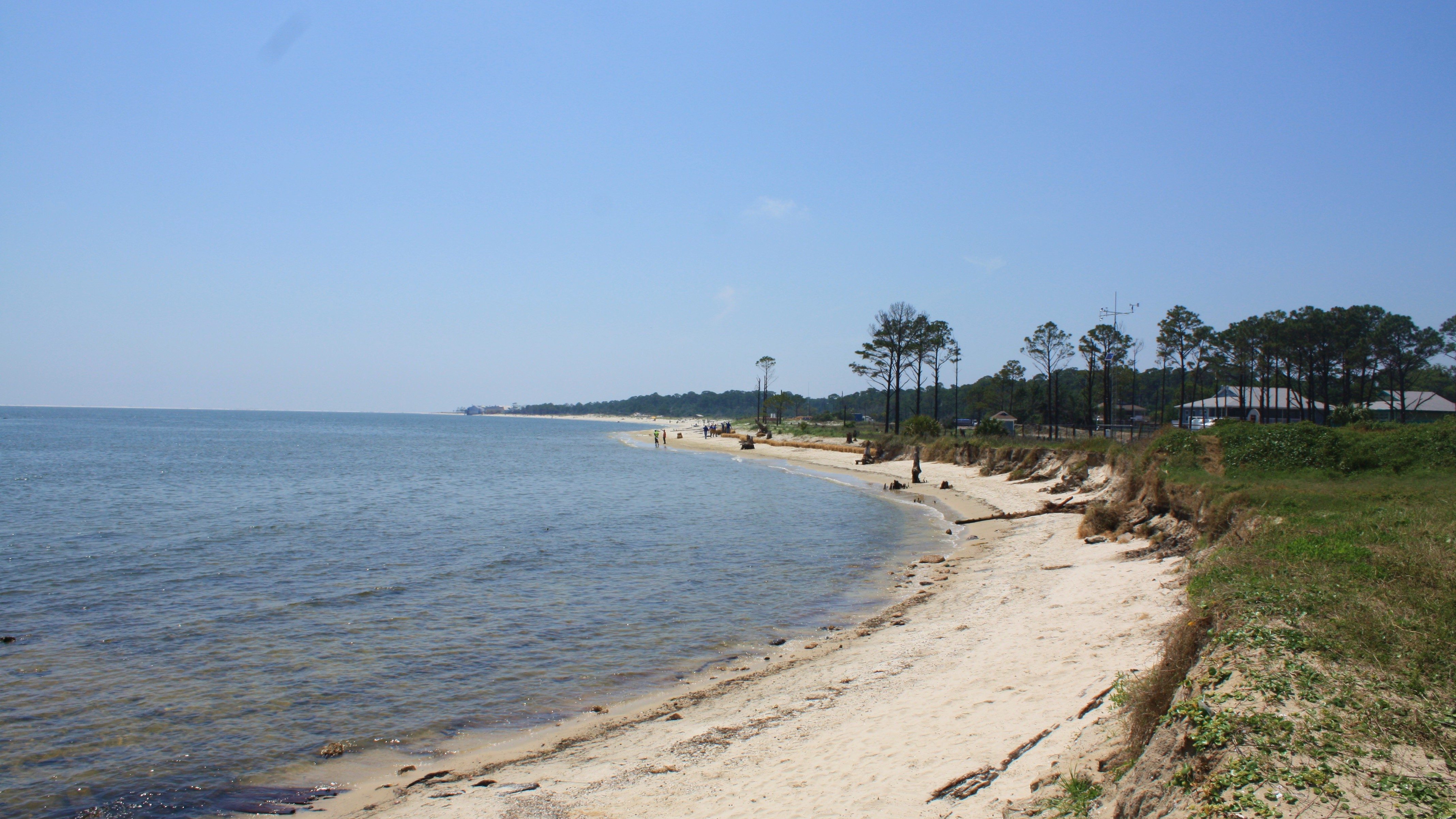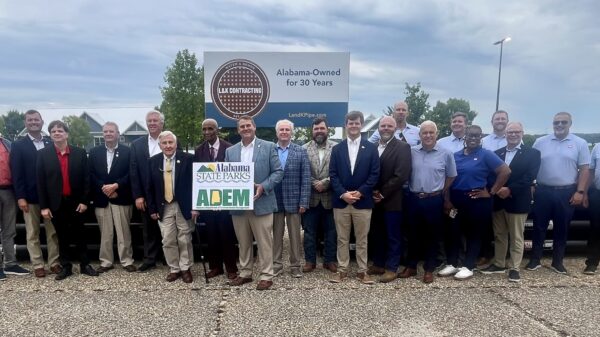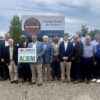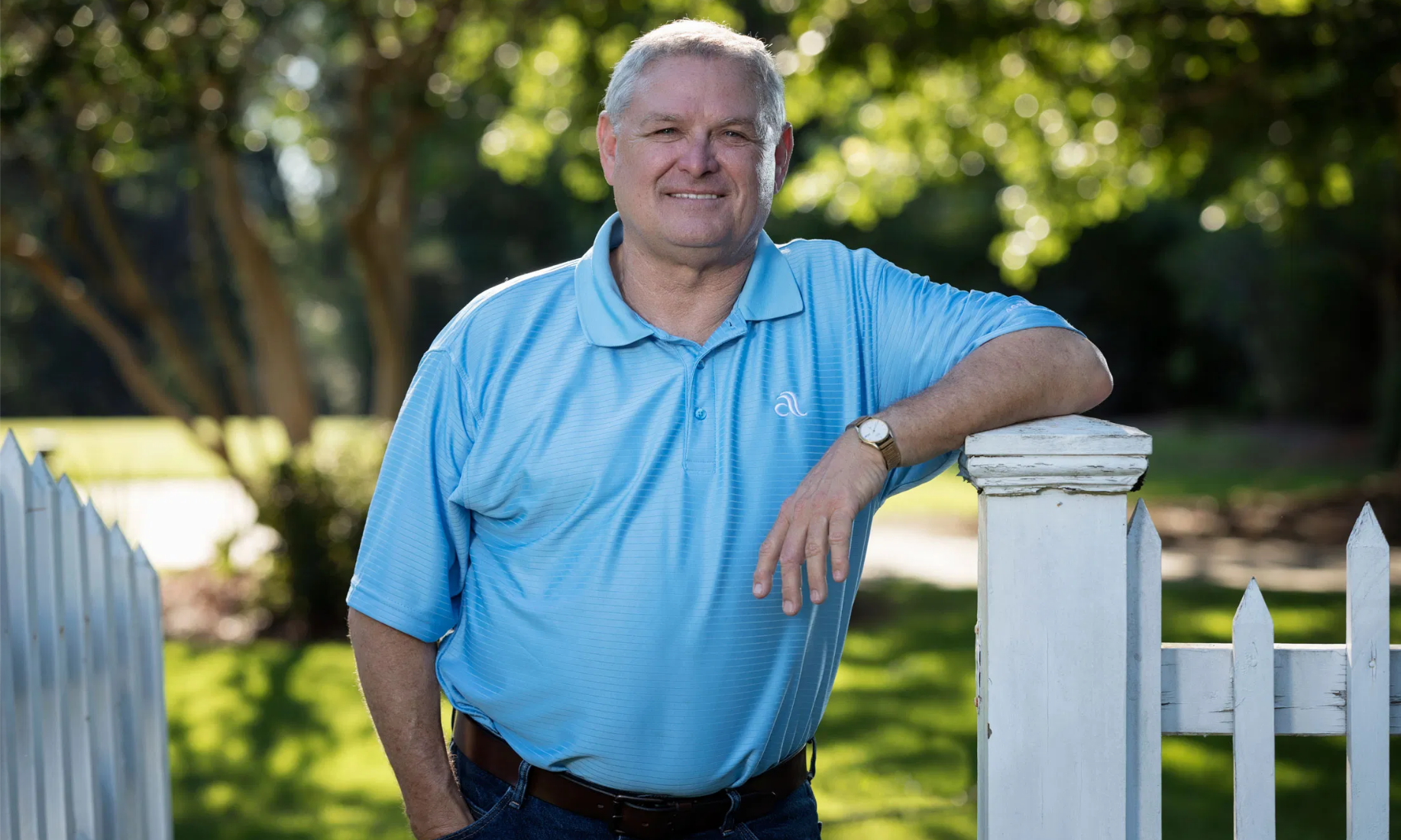Alabama Gov. Kay Ivey on Thursday announced that the National Fish and Wildlife Foundation recently awarded nearly $26 million from its Gulf Environmental Benefit Fund to four new projects in the state of Alabama.
“These projects represent a continuation of Alabama’s coastal recovery from the 2010 BP Oil Spill,” Ivey said. “They will restore some of what was damaged, while at the same time making our coastal communities more resilient. I thank our partners at NFWF and ADCNR for their continued diligence in leading this effort.”
The projects, developed in consultation with state and federal resource agencies, are designed to remedy harm and reduce the risk of future harm to natural resources that were affected by the 2010 BP Deepwater Horizon oil spill. The Alabama projects address high-priority conservation needs including the protection of important habitats.
The NFWF created the GEBF in 2013 to receive and administer funds resulting from remedial orders in plea agreements between the U.S. Department of Justice and BP and Transocean.
The number of awards from the GEBF in the state of Alabama now stands at 38, with a total value of nearly $241 million. All projects were selected for funding following extensive consultation with the Alabama Department of Conservation and Natural Resources. ADCNR Commissioner Chris Blankenship highlighted the importance of the Dauphin Island Causeway Shoreline and Habitat Protection Project.
“This is a strong slate of projects,” Blankenship said. “Among them, the Dauphin Island Causeway project is an example of multiple agencies working together to restore Alabama coastal habitat and at the same time create resiliency in our coastal community. Mobile County, with support from Mobile Bay NEP, is doing an excellent job leading this project. ADCNR is pleased and excited with this team effort making the most of this opportunity to protect and manage Alabama’s natural resources. We are appreciative of the work to implement all these valuable projects for the betterment of Coastal Alabama.”
The governor’s office and ADCNR provided detailed descriptions of the projects being funded.
$5,100,000 for the Bon Secour River Headwaters Restoration – Phase II: This award supports the implementation phase of an effort to improve approximately one mile of streambank and construct a 70-acre wetland system designed to treat urban runoff that is adversely affecting downstream fisheries. The constructed wetlands will address nutrient, sediment and debris flow to improve water quality in the lower Bon Secour River and Bon Secour Bay. This section of the Bon Secour River encompasses major headwaters and the main channel of the Bon Secour River immediately downstream from the city of Foley. This project addresses the top priority identified in the previously funded Bon Secour Watershed Management Plan. Specifically, the plan identifies the need to address urban runoff from the city of Foley as one of the top priority activities for restoring watershed health.
$500,000 for the Wolf Creek Headwaters Restoration – Phase I: This project will complete the engineering and design phase of a project to improve water quality within the Wolf Creek headwaters. This project area is the largest source of artificially high sediment runoff to Wolf Bay, an Outstanding Alabama Water. The project would consist of approximately 7,000 linear feet of stream restoration/stabilization, 36 acres of riparian wetland restoration, and a constructed wetland with floodplain enhancement encompassing the major headwaters of Wolf Creek. The headwaters restoration, stabilization, floodplain and wetland enhancement will reduce pollutant and stormwater impacts to Wolf Bay from increased stormwater runoff that is the result of rapid development of the city of Foley over the past two decades. Increased floodplain functionality during storm events will facilitate improved hydrologic function and prevent the harmful effects of future erosion within the watershed.
$1,400,000 for the Dauphin Island East End Beach and Dune Restoration: This project will complete engineering, design and permitting for the restoration of nearly a mile of beach and dune habitat on the east end of Dauphin Island, a 14-mile long barrier island off the coast of Mobile County. The initial project concept is to place an estimated 1.2 million cubic yards of sand along 4,800 feet of shoreline to restore 35 acres of beach and dune habitat. Additional measures, such as planting and sand fencing, would be included as appropriate to assist in retaining sand on the restored beach and dune system. In 2016, the Town completed the first phase of this priority beach restoration project using Coastal Impact Assistance Program funds.
$18,970,000 for the Dauphin Island Causeway Shoreline and Habitat Restoration Project – Phase II: This project will design and install breakwater and create intertidal marsh habitat while providing protection against future erosion and storm damage. In April 2020 Phase I of this project, a $9,392,000 award, was funded award under GEBF to create and protect important coastal habitat, reducing vulnerability of the only access route between south Mobile County and Dauphin Island. Project activities will be co-funded through NFWF’s Emergency Coastal Resilience Fund which was funded under the Supplemental Appropriations Act of 2019 (P.L. 116-20), allowing grants to be awarded through a partnership between NFWF and NOAA. Senator Richard Shelby was instrumental in the passage of this critical funding legislation. The Emergency Coastal Resilience Fund will provide an additional $4.9 million toward the Dauphin Island Causeway Shoreline and Habitat Restoration Project.
More information on coastal restoration projects in Alabama from all Deepwater Horizon funding sources is available here.



















































